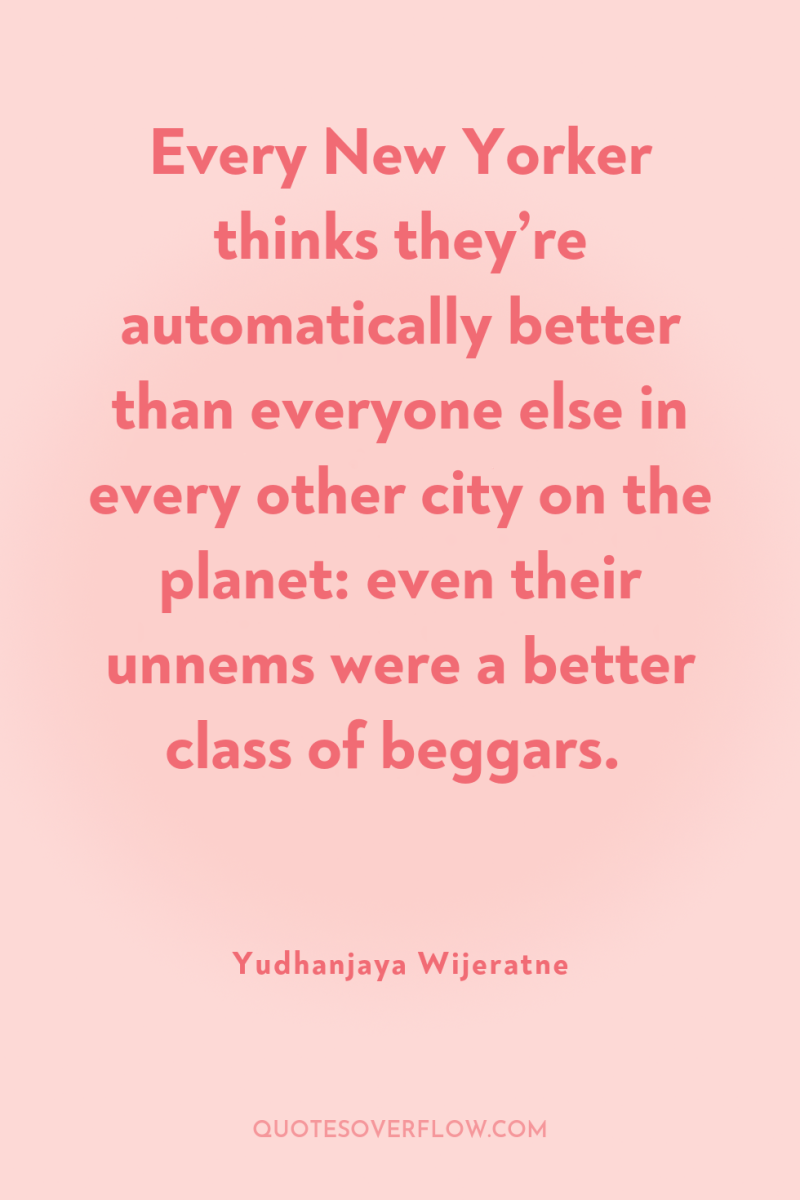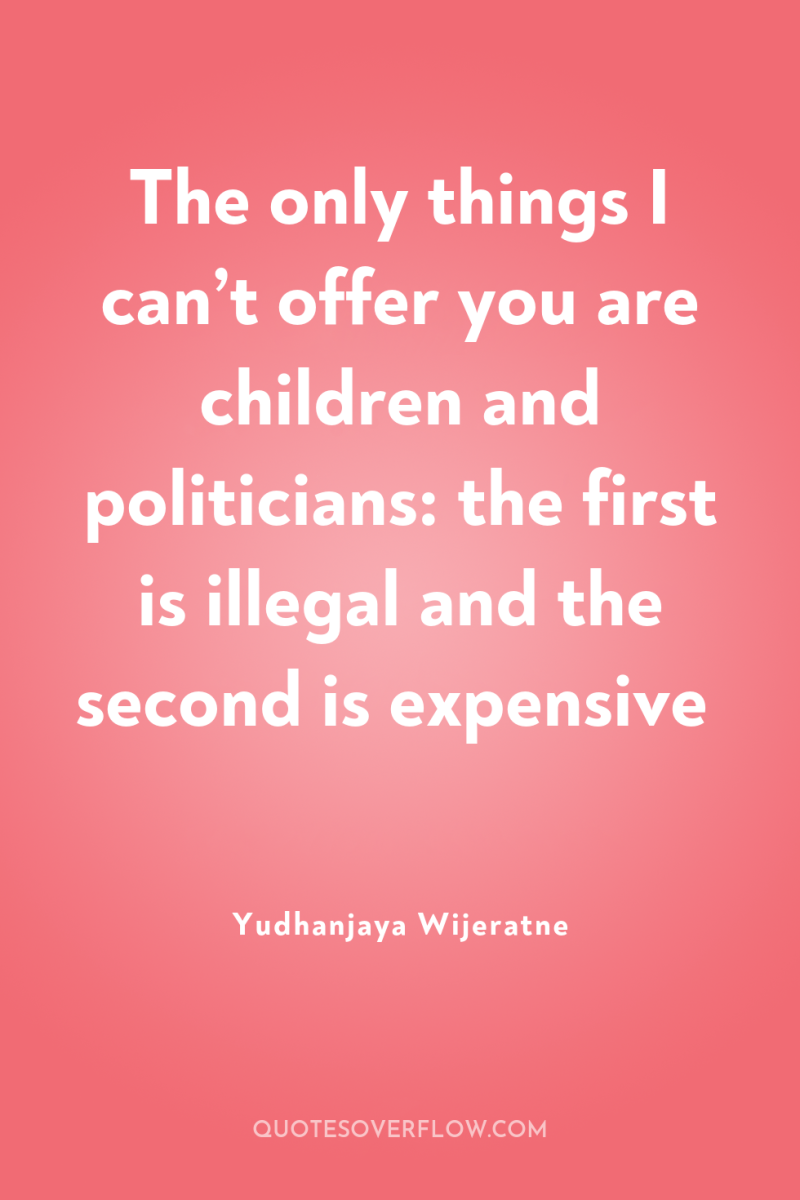1
The Buddha, Christ and Mohammed had to rely on God and karma and human priests for judgement; we don’t. We have data. We have algorithms. We have Guidance. God is now available as an application, on your mobile phone or in the cloud, twenty four seven, three sixty five.Yudhanjaya Wijeratne
2
This book is a story, and like all stories, it should be taken with a grain of salt.Yudhanjaya Wijeratne
3
I have always loved being behind the camera. I love how it sets you apart in a crowd, so that you can float at the edges, pausing only occasionally to capture a moment. In its own way it’s easier than writing. As a writer, I have to know people, to talk to them, to barge into silences with a dozen of those little lighthearted quips that lead up to a conversation. And even then, they’re guarded around you. Nobody wants their drunken conversation written down somewhere. Being a photographer is different. People come to you. They smile. They flirt. They make sure you see only their best side. Nobody wants to upset the camera.Yudhanjaya Wijeratne
4
Here was a particular kind of energy in those early days, something I've only really found in startups. The regulars - the boring 9-to-5 people - haven’t invaded the world yet. All around you are people who practically buzz with mental adrenaline - the kind of people who sneer at words like policy and dress code and fill the office at nights with pizza and bad jokes and the relentless tip-tack-clack of keyboards. They push boundaries, turn small ideas into game-changers and small arguments into fistfights. No company can last forever this way: it’s a bit like being in a cage. Eventually the strange ones move out and give way to order and conformity and all the things that make for a smoothly operating machine. But that brief chaos is what really gives a company its soul. .Yudhanjaya Wijeratne

5
Every New Yorker thinks they’re automatically better than everyone else in every other city on the planet: even their unnems were a better class of beggars.Yudhanjaya Wijeratne
6
We would sneer sometimes at how pointless it all was, all those bourgeois souls wrapping themselves in luxury, isolating themselves from the raw edges of the word; and in between puffs, we would smile, and dream of owning those streets, dreaming the same dreams that we scorned others for.Yudhanjaya Wijeratne
7
The world I grew up in was a brutal one. The murder rate was once seven people for every hundred thousand. The average American on minimum wage could barely afford to keep themselves alive on canned food. Millions died over private oil fortunes. Wealthy men and women ran the world for profit. Fools and charlatans got into our Parliaments and set the world on fire. We had everything on paper - checks, balances, freedom, democracy - and yet to live was to be a slave. .Yudhanjaya Wijeratne

8
The only things I can’t offer you are children and politicians: the first is illegal and the second is expensiveYudhanjaya Wijeratne
9
Beautiful women have a following all their own. If that sounds misogynistic, I’m sorry, that’s the way the world works. Homer said the Greeks went to war over a woman. I can’t get a battle, but I can get a few hundred thousand views with the right face in a skirt.Yudhanjaya Wijeratne
10
This is how we progress as humans. We went from horseless carriages to self-driving, self-organizing transport in a hundred and fifty years. We went from powered flight to putting a man on the moon in sixty years. We’ve always progressed in leaps and bounds. It is our ability, no, our duty, to do what is efficient, and to do what is best, to evolve not just our vehicles and our cities and our homes, but also the social structures that hold us back .Yudhanjaya Wijeratne
11
Sometimes respect is as hard a currency as money isYudhanjaya Wijeratne
12
We have every piece of data on 200 million people, ” he said, ticking off his fingers. “We have their bank accounts. We know how much they make and how much they spend and where. We have their social media. We know what they talk about, who they influence and how much. We know exactly how important each and everyone one of them is.Yudhanjaya Wijeratne
13
I recounted my adventures, just as I recount them to you now. I told him about Bombay, which glowed in the night like a lamp. I told him about Bangalore, about the beaches of Goa, of Pune, where elaborate retirement homes and ashrams ringed India’s ferociously competitive colleges, and liberals went to experience transcendence without getting their feet dirty. I told him of places you could expand your mind and still be within walking distance of the nearest McDonalds. .Yudhanjaya Wijeratne
14
Sri Lanka is a beautiful little island nation parked perilously close to India; a little too hot, a little too humid, and perhaps too expensive, but to its credit are fantastic beaches, strangely melancholy hills, and the ruins of kingdoms past.Yudhanjaya Wijeratne
15
This is the Number. It is in the things we do, the people we meet, the ID cards that we carry. It's part of our identities, our credit cards, our social interactions. It takes our influences, our biases, morals, lifestyles and turns them into a massive alternate reality that no-one can escape from. It lives on our phones, in our televisions, in the cards we swipe to enter office. At its best, it’s an exact mirror of how human society actually works - all our greatness, all our petty shallowness, all our small talk and social contacts all codified and reduced and made plain. At its worst, it’s also exactly that. It’s how poor and rich and famous and desirable you are. It’s the backchannel given a name and dragged out into the limelight for everyone to see.Yudhanjaya Wijeratne
16
We’re going to tell these people that they dropped because Facebook dropped us. We're going to say the Number needs the data and it's their right to share it with us. And we’re going to drop their Numbers again. And again. Until they riot on the Internet and make those Menlo Park motherfuckers come to us with their hats in their hands.Yudhanjaya Wijeratne
17
Julius used to say that we stood on the shoulders of giants. To me it always seemed like we were in their shadow. It never occurred to me that we were the shadow that they projected, and that one day we would rise up and overwhelm themYudhanjaya Wijeratne
18
What did journalists know of tech, anyway? Who gave a damn about the press? We were the Good Guys. Changing the World. Doing the Important Stuff.Yudhanjaya Wijeratne
19
Discrimination is not just racial now. It’s also about the kind of body parts you have.Yudhanjaya Wijeratne
20
On some days it felt like we owned the Earth, and the only place left to expand to was the next planet down the line.Yudhanjaya Wijeratne
21
What strange and thoughtless creatures we were, back in those days. We would go up to the rooftops to smoke, Wurth and I; and there in the company of other insomniac souls we would look out at the vast expanse of lights and glamour. We watched the towers as they climbed higher, and higher, as humanity reached for the skies.Yudhanjaya Wijeratne
22
Watching a parent die is a terrible task. My father, faced with something he could not talk down or browbeat into submission, spent his days with the bottle, as if he determined to drink himself to death, as if his alcohol could hold back the disease that swept through his brain.Yudhanjaya Wijeratne
23
I have never seen anyone drink like he did. To say he drank with a vengeance is almost understating it: it was almost as if there was a thirst there, a deep and insatiable craving that made the man keep going back for more and more until he sat down in one corner with a bottle.Yudhanjaya Wijeratne